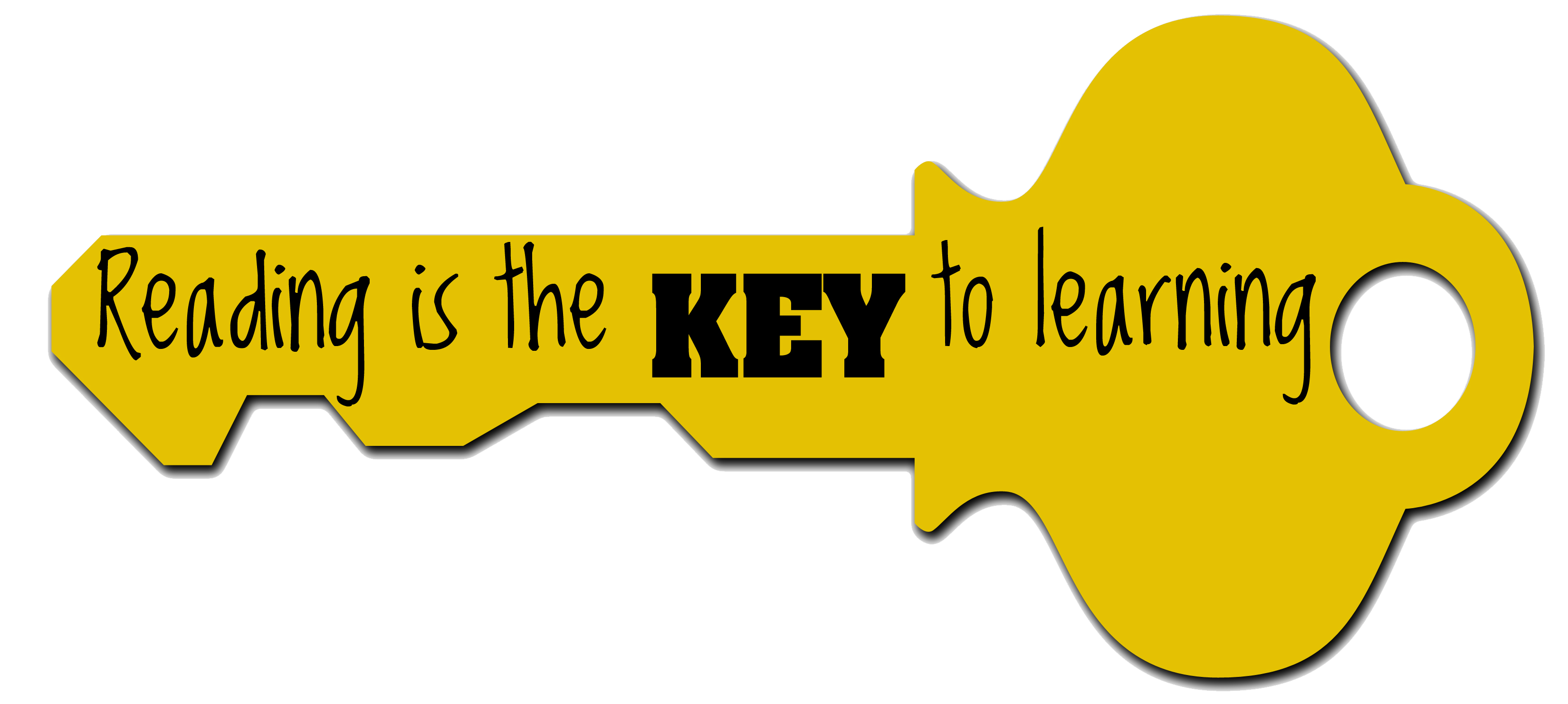
Reading
Copyright © Dr. Stephen H. Dawson, DSL 2021
Published
March 4, 2021

"A capacity, and taste, for reading gives access to whatever has already been discovered by others." Abraham Lincoln
I do not know why the Steven Spielberg film skipped over the assassination event of Abraham Lincoln. I am not a huge fan of Daniel Day-Lewis's work, nor do I have anything against him. I believe Day-Lew portrayed Lincoln with excellence. Lincoln shared in this film he studied the work of Euclid in his Elements writings. I think, but I do not know, that both Spielberg and Day-Lewis were attempting to make the point that understanding their work required the audience to do some supporting reading on their own to grasp the magnitude of the story presented in the film. This postulate of mine brings me to the topic for our time together this week. Specifically, making good on my commitment to you to discuss how diversity, inclusion, and what Chesterton talked about with the human species will help you get out of the circumstances hindering your strategic planning work.
I shared last week about the need to look should one want to see. I looked over some of Euclid's Elements recently, remembering how they helped structure my thoughts years ago when I first studied mathematics. Mathematics helped me learn how to read. I needed the means to get through spelling, grammar, and punctuation learning obstacles to accomplish writing assignments of the materials I read. I was able to approach the skill of outlining what I read more effectively, as I had a formula for how to accomplish the outlining. It led me to help me read more effectively. The simplicity of logic apart from rhetoric found in mathematics helped me understand better how to form my messages to convince readers my points were valid, doing so with either reduced or no conflict. I enjoy conversing, but I enjoy writing more than public speaking. Both have proven to me I need to plan what I communicate by being sure of what I have read in my life.
I also shared last week realizing strategy work is not progressing as desired means either your people do not have the time to do the work, or they do not have the skills to do the work. This condition, at its root, is an organization design problem. No credible leader will ever find they are in this position. A successful leader knows their people, their abilities, their conditions, and operates their organization accordingly. Spielberg's success in his film work tells me he is a successful leader in film work. I view Lincoln as a successful leader of a nation. I am convinced without reservation that reading is a critical success factor for staying out of the mess I identified as the cause of strategy work not progressing as desired.
WHAT READING?
Reading can occur in many different forms, such as letters, numbers, symbols, colors, or hand and arm signals. Effective reading involves not only considering a text in original language but also translations of the text. Euclid's Elements is the second most published book in history. Consider reading this text in another language to see how it reads to you. Consider also the value of a translation that is not literal but paraphrased.
Take the daily newspaper and look at any topic from different writers. The reporting on the same topic will often vary widely. Take some time and read how the Wall Street Journal article and the Financial Times article regarding the McKinsey leader's recent dismissal differ. Think about bias and diversity as you read these articles. How did each writer look to help their reader understand what has happened with McKinsey's performance as of late? Does either of these articles help you want to change your staffing choices? My point is you will see quickly how learning can continue on any topic and how miscommunications can occur from what seemed to be a clear and understood text.
HOW MUCH READING?
Kate Northrup wrote about the viability of planning when the future is unclear. She gets into the topic of strategy. She implied reading is required to accomplish her recommendations. I am of the position that reading should be perpetual. There is no shortage today of material to read. There is a distinct decline in the credibility, meaningfulness, and associated value in most of the material available to read today.
I did an Internet search for images of reading. All of the images I found involved only people looking at physical books. Looking at a computer screen is called viewing. So, there is a belief growing in our society that reading can only occur in books. I disagree with this claim. The definition I provided of reading did not include reading expressions on a person's face. I can view an expression, but I do not know for certain there is a message attached to an expression. Hence, it is best to keep reading to letters, numbers, symbols, and colors that can be referenced later when you need to come back to them. I equate reading a book with viewing letters, numbers, symbols, and colors on a computer screen. The answer to how much reading you need to do is this: whenever you have enough proof to know you have the facts you need to do what you need to do.
I have shopped exclusively at Men's Wearhouse for suits, shirts, and ties since 1999. They impress me with their overall experience. The people both in the stores and on their telephones who have helped me over the years sometimes have my skin color and gender; other times they do not. I care about getting the suits, shirts, and ties that I need and want more than I care about a particular skin color or gender helping me. Their industry has suffered from the cutback on social outings and workplace gatherings last year. They went into bankruptcy in 2020 and are emerging through restructuring. They have an idea to help increase their sales by doing measurements of a customer's body dimensions by scanning, matching these measurements with inventory, and deciding how to serve their customers best. It is an impressive undertaking. Imagine how much reading they had to accomplish to come up with this system. Then, imagine how much they have invested in this system. They, as a company, are at the point of either growing much more or dying. I cannot imagine their debtors would have approved their restructuring plan to include this new system without sufficient credible belief the plan will return a suitable profit. The Men's Wearhouse story is an example of how much reading is necessary to run your organization effectively.
AM I SURE?
I believe, based on the espoused morality of my worldview found in my ethics, there is never a valid reason to be either rude or disrespectful. Seattle Mariners chief executive Kevin Mather resigned recently due to disparaging remarks he made about player English skills. His career-ending event could also mean Mather is finished as a leader. I have two good friends, both in their thirties, who are illiterate. One is a carpenter, the other a welder. They struggle to have enough income. They are both happy, each with a small family. They both want to learn to read. You are looking to now restructure your organization with those who have the skills you need to do the work you need accomplished. Do you want to have a literate person who you have to terminate or an illiterate person who does a great job for you? I am of the position you need literate members in your organization, and you do not need problems. How can you differentiate when a literate person will make an unpreferred choice such as Mather did, or that an illiterate person can make preferred choices?
I do not have the skills to operate heavy equipment. Do you want me to come near your house operating either a bulldozer or an excavator until I gain such skills? Do you want me to sit atop the running equipment and read the owner's manual as I figure out how to use the heavy equipment near your house?

WIND UP
Your acting on your realization you need to alter your organization members who have neither the time nor the skill to do their assigned work is too late to accomplish this repair with discretion. You must take corrective action in public light to achieve the necessary changes. The terms diversity and inclusion, terms I have yet to define to you, are what you look to address to alter your organization effectively. The only way, and I mean the o-n-l-y way, to go through this process effectively is first to understand the topic of evil. I also need to define the term evil to you from my understanding of it. Succeeding in making this people change is not about removing or adding more of a skin color or gender. Do you want anyone who does evil as a part of your organization? Do you care about their skin color or gender if they have the skills you need to do the work you need to be accomplished? Do you have the means to measure the skills your people claim to possess? Are you, in your espoused morality of your worldview found in your ethics, able to prove you both need and want your people to have the skills they need to do the work you need to accomplish more than you desire for skin color or gender headcounts in your organization?

Next week, we will begin to tear apart the fabric comprising the terms diversity, inclusion, and evil as an exercise in research. This week, I encourage you to spend time contemplating how much you care about skin color and gender in comparison to relevant skills you need your people to have to do the work you need accomplished.
So, I ask you: where do you want to go? I hope your answer is to develop the plans necessary to accomplish the strategy you know you need to achieve to arrive at your desired destination. If this is the case, then let's get to work. If not, then I wish you the best of everything.
I hope we will see each other here next week. Email me if you need to talk before then.
Dr. Stephen H. Dawson, DSL
Executive Strategy Consultant
Stephen Dawson is an executive consultant of technology and business strategy, serving significant international organizations by providing leadership consulting, strategic planning, and executive communications. He has more than thirty years of service and consulting experience in delivering successful international business development and program management outcomes in the US and SE Asia. His weekly column, "Where Do You Want To Go?," appears on Thursdays.
Dr. Dawson has served in the technology, banking, and hospitality industries. He is a noted strategic planning visionary. His pursuit of music has been matched with his efforts to lead by service to followers. He holds the clear understanding a leader without followers is a person taking a long walk alone.
Stephen has lived his life in the eastern United States, visiting most of the United States and several countries. He is a graduate of the Regent University School of Business & Leadership. Contact him at service@shdawson.com.